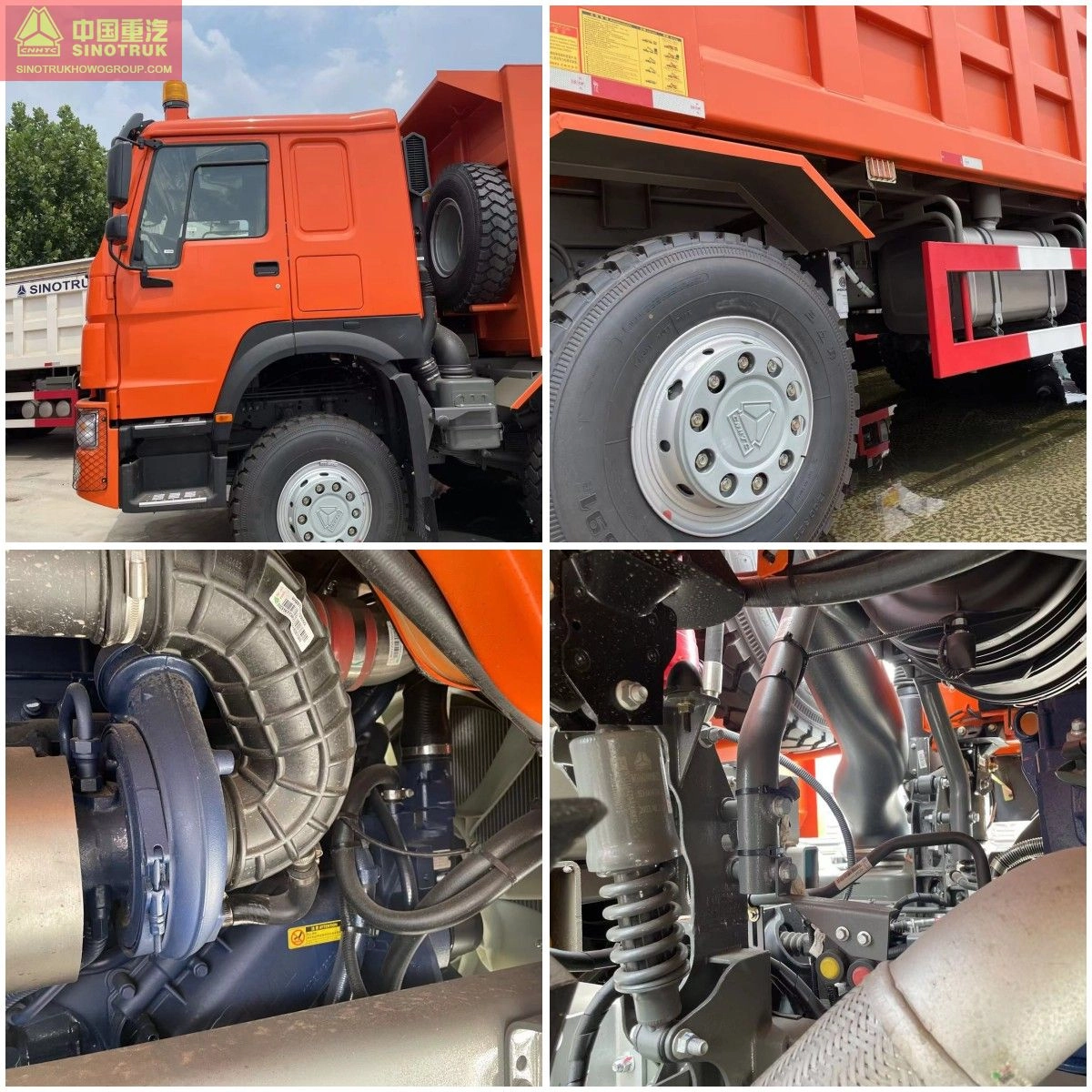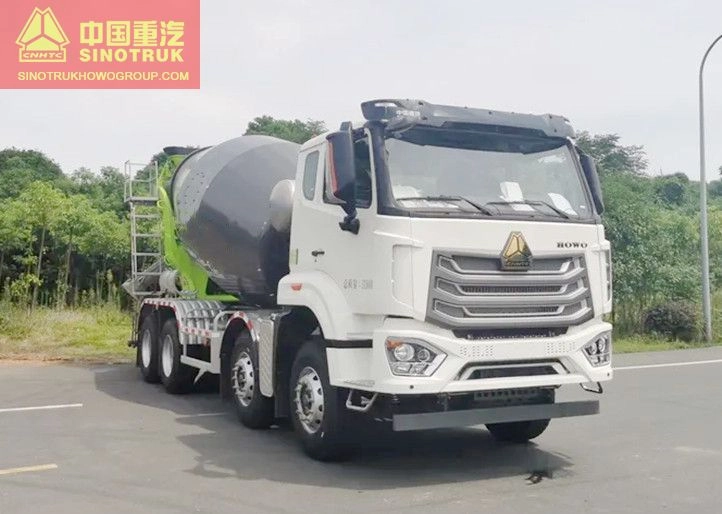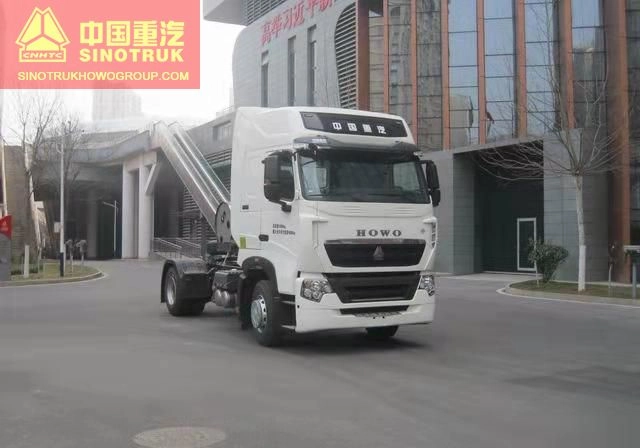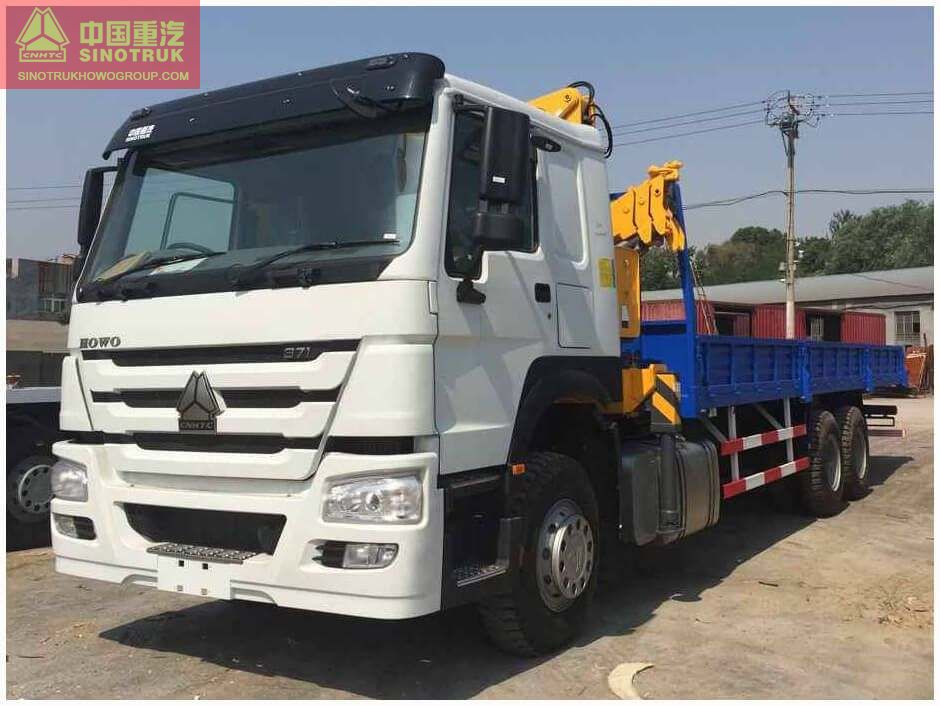fuel tank semi trailer,fuel capacity semi trailer
- Release time:05-09-2024
- Source:Sinotruk HOWO
Catalog overview:
Understanding Fuel Tank Semi Trailers: The Heart of Transporting Fuel

Fuel tank semi-trailers, often referred to as tanker trailers, are indispensable assets in the logistics and transportation industry, primarily for their role in safely and efficiently transporting large quantities of liquid fuels. These specialized vehicles play a pivotal role in ensuring the smooth functioning of industries that rely heavily on fuel, from power plants to gas stations.
Design and Functionality
Built with robust steel or aluminum, fuel tank semi-trailers are designed to withstand the rigors of long-distance travel and heavy loads. They typically feature a cylindrical shape to minimize turbulence and ensure a stable, spill-free journey. The tanks are equipped with advanced safety features, including pressure relief valves, emergency shutdown systems, and rollover protection. For instance, the Wabash National DuraPlate? fuel tanker, known for its durability, uses a combination of steel and composite materials for optimal strength and weight efficiency.
The Importance of Inspections and Maintenance
Like any other heavy machinery, regular inspections and maintenance are crucial for fuel tank semi-trailers. A well-maintained tanker not only ensures safety but also prolongs the lifespan of the equipment. For example, regular inspections of the tank's seals and valves can prevent leaks, while timely repairs to any structural damage can avert potential accidents. Companies like TSC Fuel Equipment provide comprehensive maintenance and repair services for these vehicles.
Regulations and Compliance
Operating a fuel tank semi-trailer comes with a set of strict regulations. In the United States, the Department of Transportation (DOT) and the Pipeline and Hazardous Materials Safety Administration (PHMSA) oversee the safety standards. Compliance with rules like the Hazardous Materials Regulations (HMR) is mandatory, ensuring the safe transportation of hazardous liquids, including fuel.
Future Innovations and Sustainability
As the world shifts towards cleaner energy, the design and function of fuel tank semi-trailers are evolving too. Manufacturers are incorporating eco-friendly materials and technologies, such as lightweight composites and improved aerodynamics, to enhance fuel efficiency. For instance, the Heil Trailers' Eco-Shell tank design reduces weight without compromising strength, leading to reduced carbon emissions.
The Indispensable Role of Fuel Tank Semi-Trailers
fuel tank semi-trailers are the backbone of the fuel transportation industry, playing a vital role in our daily lives. Their robust design, stringent safety measures, and evolving technology ensure the safe and efficient delivery of fuel across vast distances. As the industry continues to adapt to changing environmental and safety standards, these vehicles remain a critical part of the global supply chain. Whether it's powering our cars or keeping industries running, the importance of fuel tank semi-trailers cannot be overstated.
fuel capacity semi trailer
Understanding the Importance of Fuel Capacity in Semi Trailers

In the world of long-haul transportation, semi-trailers play a pivotal role, carrying goods across vast distances. One critical aspect that significantly impacts their efficiency is the fuel capacity. This article delves into the significance of fuel capacity in semi-trailers, its influence on operational efficiency, and the various factors that determine it.
The Heart of the Journey: Fuel Tank Size
A semi-trailer's fuel tank size is a direct determinant of its range and overall performance. Bigger fuel tanks allow for longer travel distances without the need for frequent refueling, thereby reducing downtime and increasing productivity. For instance, a tanker with a 400-gallon fuel capacity can cover more miles than one with a 200-gallon capacity, given similar fuel consumption rates.
The Equation of Efficiency: Fuel Consumption and Mileage
Fuel efficiency is a critical factor, closely tied to the fuel capacity. Modern semi-trailers are designed with advanced engines that consume fuel more efficiently. the load carried, driving conditions, and driver behavior also affect fuel consumption. A well-maintained truck with optimal fuel efficiency can maximize the benefits of a larger fuel tank, extending its range and reducing operational costs.
Customization for Specific Needs
Fuel capacity is not a one-size-fits-all feature. It can be customized based on the specific needs of the operator. For instance, a truck primarily used for short-distance deliveries may not require a large fuel tank, while a vehicle covering cross-country routes would benefit from one. Understanding these nuances is crucial in making informed decisions about fuel capacity.
The Role of Technology and Innovations
Advancements in technology have also impacted fuel capacity management. Modern telematics systems can monitor fuel levels, consumption, and even predict when a refill is needed, reducing the chances of unexpected breakdowns. features like idle-reduction systems and aerodynamic designs contribute to better fuel efficiency, enhancing the overall performance of the semi-trailer.
Balancing Capacity and Efficiency
In the grand scheme of trucking, the fuel capacity of a semi-trailer is a strategic element that needs careful consideration. It's not just about having the biggest tank; it's about striking the right balance between capacity, efficiency, and operational requirements. By understanding these dynamics, operators can make informed choices that boost productivity, minimize downtime, and ultimately, drive their businesses forward. Remember, the key lies in optimizing the fuel capacity to suit the specific needs of each operation, making the most of every gallon of fuel.
fuel tanker semi trailer
Introduction to Fuel Tanker Semi Trailers

Fuel tanker semi-trailers, an integral part of the transportation industry, play a vital role in the safe and efficient delivery of fuel across vast distances. These specialized vehicles are designed to carry large quantities of gasoline, diesel, or other flammable liquids, ensuring a steady supply of energy to power our world. With their robust construction, advanced safety features, and specialized equipment, fuel tanker semi-trailers have evolved to meet the demands of modern logistics.
Design and Construction
Constructed from high-strength steel or aluminum, fuel tanker trailers are built to withstand the rigors of the road while minimizing weight for increased fuel efficiency. They typically feature a cylindrical shape to optimize the containment of liquid cargo, reducing sloshing and maintaining stability during transit. The tank's interior is often coated with a specialized lining to prevent corrosion and ensure the purity of the fuel. Additionally, multiple compartments may be present to carry different types of fuel, allowing for versatile usage.
Advanced Safety Features
Safety is paramount in the transportation of hazardous materials like fuel. Fuel tanker semi-trailers are equipped with numerous safety features, including high-pressure relief valves to prevent overpressurization, spill containment systems, and emergency shut-off valves. Many models also incorporate advanced braking systems and rollover stability control for enhanced on-road safety. Furthermore, the tanker's coupling with the tractor unit is designed to withstand extreme forces, ensuring secure attachment during transit.
Efficient Loading and Unloading
Efficiency is key in the fuel supply chain. Fuel tanker trailers are designed with efficient loading and unloading mechanisms, such as bottom-loading systems, which minimize exposure to hazardous fumes and reduce the risk of spills. Pumps and hoses are integrated into the design, allowing for quick and controlled transfer of fuel at loading and unloading terminals. Some models even feature automated systems for increased speed and precision.
Regulations and Compliance
Operating a fuel tanker semi-trailer involves strict adherence to local, national, and international regulations. Compliance with the Department of Transportation (DOT) guidelines, Hazardous Materials Regulations (HMR), and International Traffic in Arms Regulations (ITAR) is mandatory. Drivers are required to undergo specialized training and hold appropriate certifications to handle and transport hazardous materials safely.
The Importance of Fuel Tanker Semi-Trailers
fuel tanker semi-trailers are indispensable assets in the global supply chain, ensuring a steady flow of energy to power our daily lives. Their robust design, advanced safety features, and efficient operations make them a cornerstone of the transportation industry. As technology advances and regulations evolve, these vehicles will continue to adapt, ensuring the safe and efficient delivery of fuel for years to come.









